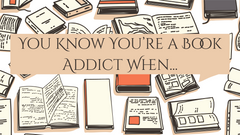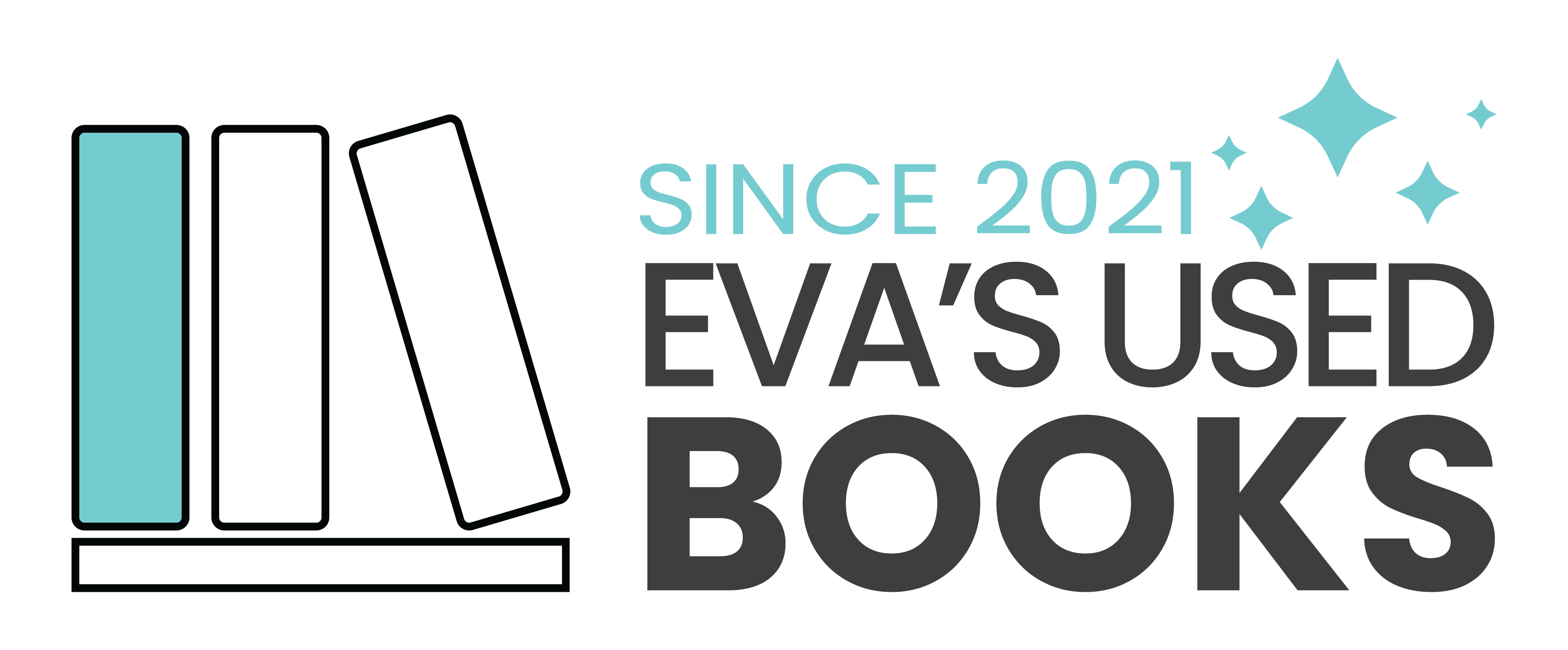Search
Custom Menu
Archive
- January 2026
- April 2025
- January 2025
- December 2024
Recent Post
How to Start a Book Clu... Jan 11, 2026
Remembering Sophie Kins... Dec 11, 2025
You Know Your a Book Ad... Jul 22, 2025
Tags
The Eyes Have It: How Reading Benefits Your Vision
Posted By: Chava Burnham | Posted On:

Reading is not just a pleasurable activity; it also offers numerous benefits for our overall well-being. While we often focus on the mental and intellectual advantages of reading, it's time to shed light on its positive impact on our visual health. In this blog post, we'll explore the ways in which reading benefits our eyes, backed by scientific evidence and research. So grab a book, settle into a cozy spot, and discover how reading can be a feast for your eyes!
Strengthening Eye Muscles
Reading requires the coordination of eye movements and the focusing of visual attention. As we navigate the words on a page, our eye muscles are constantly exercising, strengthening, and improving their functionality. This helps enhance our eye coordination and overall visual performance.
Eye Health Maintenance
Studies have shown that reading can contribute to maintaining good eye health and reducing the risk of certain eye conditions. Regular reading helps combat eye fatigue and dryness, as it stimulates blink rates, keeping the eyes moisturized and preventing discomfort. Additionally, research suggests that reading may lower the risk of age-related macular degeneration (AMD), a common eye disease that affects central vision.
Improved Visual Processing
When we read, our brains are engaged in processing and interpreting visual information. This constant exercise sharpens our visual processing skills, allowing us to perceive and interpret visual stimuli more efficiently. It can lead to improved visual recognition, faster reading speeds, and enhanced comprehension.
Expanded Peripheral Vision
Reading expands our field of vision, as our eyes move along the lines of text. This motion exercises our peripheral vision, which is essential for capturing and processing visual information from the sides without directly looking at it. Regular reading broadens our peripheral awareness and may improve our ability to navigate the world around us.
Relaxation and Eye Strain Relief
Engrossing ourselves in a captivating book can provide a welcome break from the constant screen exposure in our digital age. Reading offers a screen-free respite and can alleviate eye strain caused by prolonged screen use. By giving our eyes a break from the glare and blue light emitted by screens, we can reduce eye fatigue and enjoy a more relaxing reading experience.
Scientific Studies and Citations
A study published in the journal Optometry and Vision Science found that regular reading positively affects tear film stability and blink rates, reducing the risk of dry eyes and eye discomfort (Smith et al., 2017).
Research published in the British Journal of Ophthalmology suggests that lifelong reading habits are associated with a lower risk of developing age-related macular degeneration (van Leeuwen et al., 2003).
Conclusion:
Next time you curl up with a good book, remember that you're not only feeding your mind and imagination but also benefiting your precious visual health. Reading strengthens eye muscles, maintains eye health, improves visual processing, expands peripheral vision, and offers relaxation from screen-related eye strain. So, let reading become your daily habit, and let your eyes indulge in the magic of words.
Remember, whether it's a thrilling novel, an enlightening non-fiction book, or a thought-provoking article, reading is a gift that keeps on giving—both to our minds and our eyes.
Note: This blog post is intended for informational purposes only and is not a substitute for professional medical advice. If you have specific concerns about your eye health, please consult an eye care professional.






14 comments